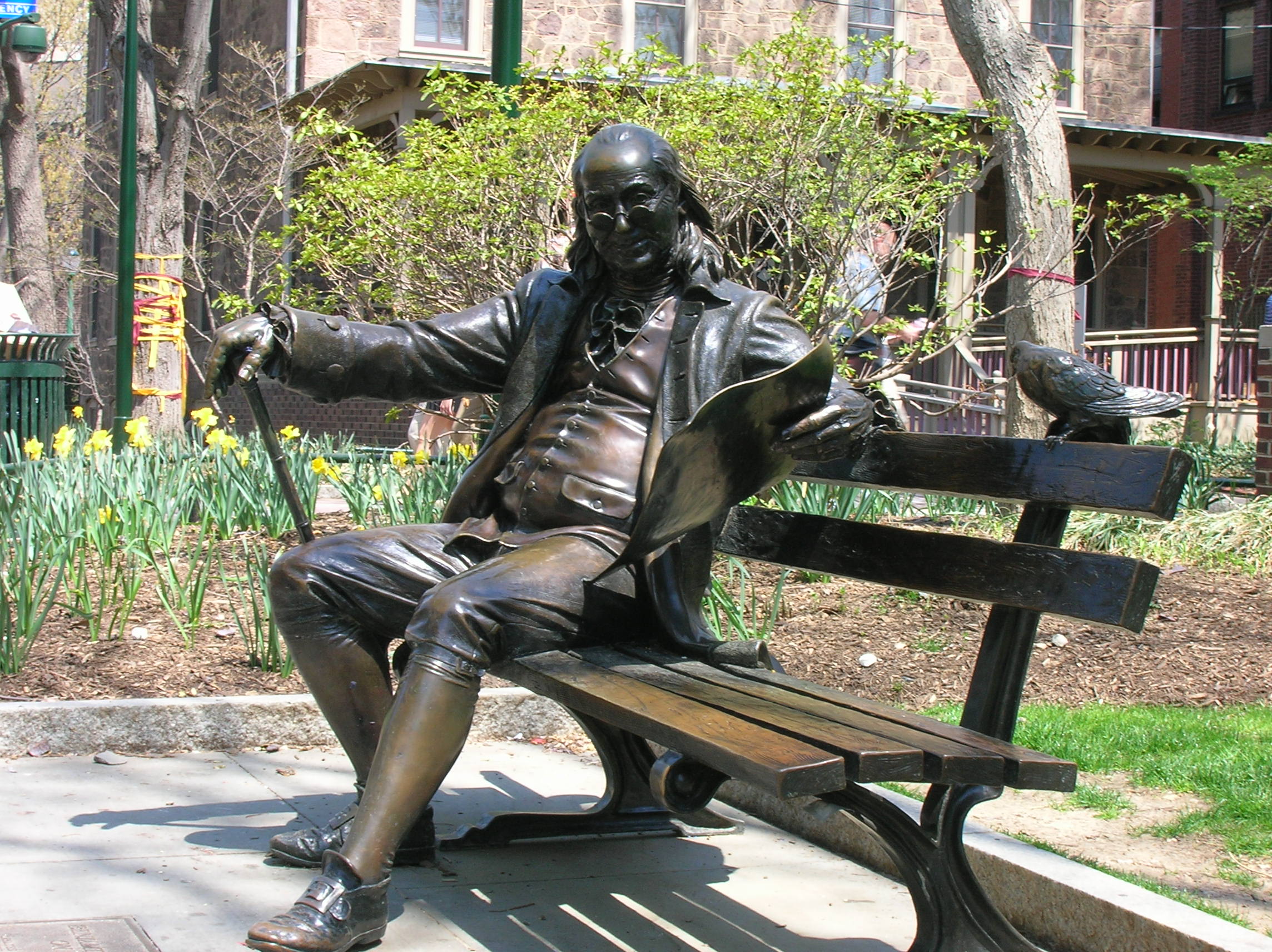- are an undergraduate and have “vacation” during Penn’s Spring Break period
- are a graduate student on campus and perhaps just appreciating less traffic and competition in lunch truck lines
- are at home enjoying family time and respite
- find yourself traveling to friendly places and/or sunny shores, or
- are an alumnus reflecting fondly on spring breaks of years past
please be sure to take the opportunity this week to take a break.
I like to think of Spring Break as a chance to regroup – frankly, it’s usually the first chance since early January’s resolutions to really take a good look at long term plans, projects, and needs for moving forward – and that organization and planning itself can be rejuvenating. To each their own! Couple the opportunity to reflect and regroup with nature’s signs of welcoming spring – budding daffodils, warmer afternoons, twittering birds – and it may be that the mere exercise of breathing deeply for a few moments and being mindful of the world’s changes can bring relaxation and peace regardless of your locale or the demands on your time.
Whatever you find yourself doing these days – especially if you are using this time to catch up on missed opportunities and projects or assignments left over from weeks past – please take the time to enjoy “Spring Break” and all that it can mean for you.







